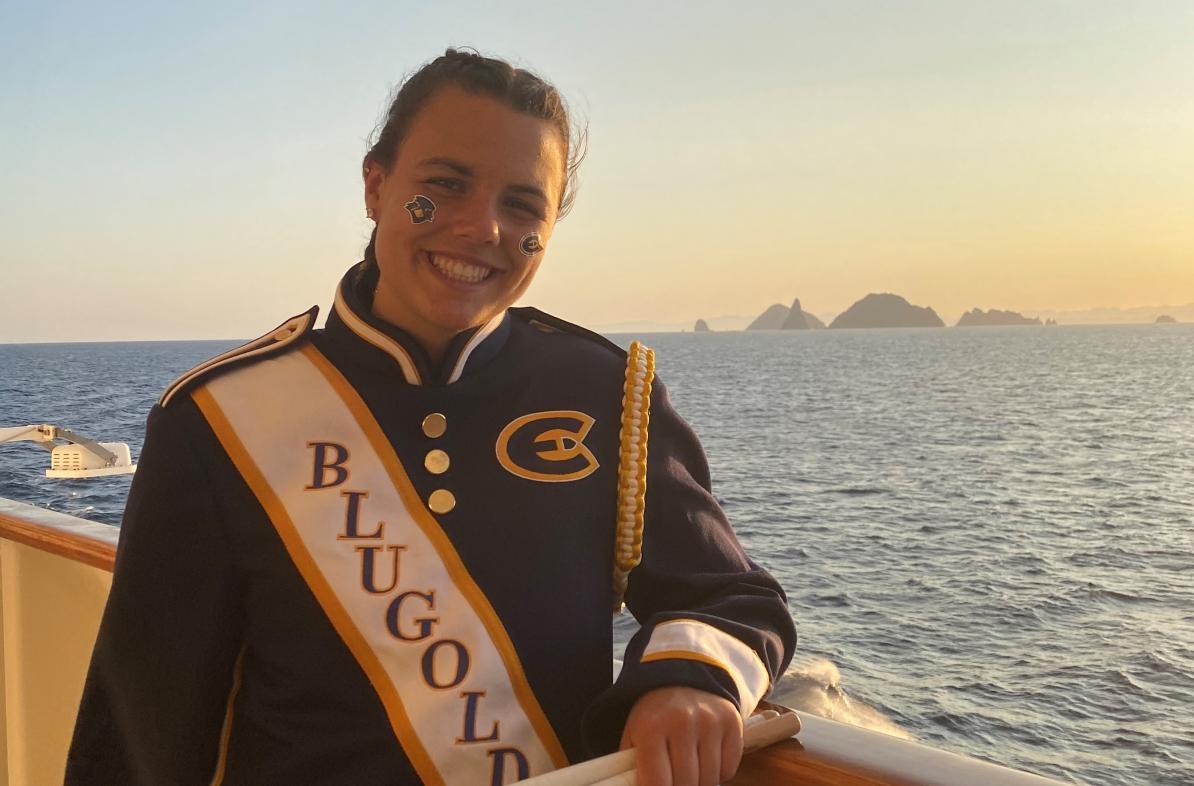ID

Leaning into leadership and generosity through music and math: Leah Koepke
Story Categories
Authored on
Leaning into leadership and generosity through music and math: Leah Koepke
Published on:
Intro text
Settling on a math major was easy for Leah Koepke once her eyes were opened to the myriad ways to apply a mathematics degree out in the world. Staying with her first love in a music minor allowed Koepke to combine her skills while discovering her path.
Sections
For the media
For the media
Image download



